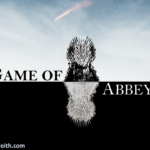
Am I the only one who wants to see a cross-over between these two period soap operas about archaic aristocracies? Let’s see an HBO-PBS team-up please!

 A few days after I proposed an expansive design to reform US rail travel, Bloomberg proposed some smaller scale reforms to help get Amtrak back on the rails. Continue reading
A few days after I proposed an expansive design to reform US rail travel, Bloomberg proposed some smaller scale reforms to help get Amtrak back on the rails. Continue reading

 America should not have a world-class passenger rail system. America should have a world-aweing passenger rail system. Rail travel is central to American history. In fact, one reason our railways are so technologically behind those in other countries—where bullet trains reach speeds of 300+ km/hour—is that we Yanks started laying track so early.
America should not have a world-class passenger rail system. America should have a world-aweing passenger rail system. Rail travel is central to American history. In fact, one reason our railways are so technologically behind those in other countries—where bullet trains reach speeds of 300+ km/hour—is that we Yanks started laying track so early.
However, that’s only one reason. Other reasons include private sector profit impatience (no appreciation for long-term business goals) and a lack of political will to drive public investment. These all fall into the category Failure of Vision: people of vision no longer control the resources in the United States. We should really do something to remedy that, but in the meantime let me offer a new vision for US rail travel, which I call “One America.” Continue reading


 The Age of Jazz, nearly a century past now, is taking on a mystique not unlike the Feudal Age, the Age of Pirates, and the Old West. Like those myth-infused periods of the human past, it has taken on legend and glamor beyond mere historical fact.
The Age of Jazz, nearly a century past now, is taking on a mystique not unlike the Feudal Age, the Age of Pirates, and the Old West. Like those myth-infused periods of the human past, it has taken on legend and glamor beyond mere historical fact.
And, just as we have Renaissance Faires, Pirate Festivals, and Old West dude ranches, it’s about time we had some themed events and sites celebrating the 1920s, 1930s, and 1940s. As an exercise in creating a Jazz Age-themed urban park, I chose a particularly self-contained block in Washington just north of historic U Street, famous in the history of jazz music and early 20th Century American culture, and re-imagined it as a sort of historical shopping mall and cultural center called “Villenoire.” Continue reading
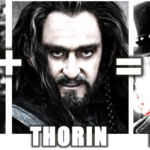
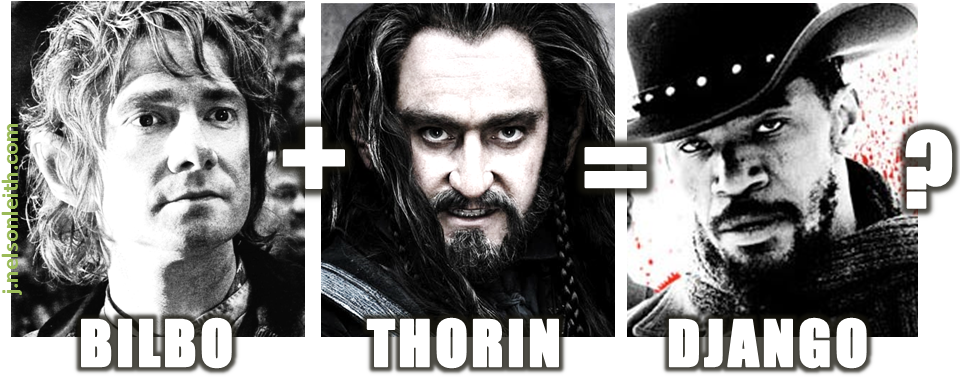 My formal training is in Religious Studies. So, while watching the film Django Unchained, I couldn’t help but keep an eye for universal mythic themes that I might have seen elsewhere. The fact that Django’s quest to retrieve his wife is specifically compared to the myth of Siegfried and the Dragon only heightened my interest.
My formal training is in Religious Studies. So, while watching the film Django Unchained, I couldn’t help but keep an eye for universal mythic themes that I might have seen elsewhere. The fact that Django’s quest to retrieve his wife is specifically compared to the myth of Siegfried and the Dragon only heightened my interest.
Oddly enough, the patterns I detected in the film invoked a completely different dragon-slayer tale: Tolkien’s The Hobbit. (The original novel, not Jackson’s ballooned-out trilogy.) If you’ve ever read The Hobbit and are planning to see Django Unchained, watch for the following twelve plot points, with Schultz playing Gandalf’s “Guru” role, Django doing double duty for Bilbo and Thorin as the “Hero,” and Calvin Candie in Smaug’s “Dragon” role:
Continue reading

With the recent explosion in the discovery of extrasolar planets, there has been some discussion about the naming convention astronomers use to identify new worlds, a system that some find confusing. To be fair, the system is very scientific: each new object discovered is given an alphabetical identifier suffixed to the name of the primary star. So, the first planet found circling Fulanis (not a real star) would be Fulanis b, the second discovered would be Fulanis c, etc., with Fulanis a being the star itself.
As simple as this system is, however, it’s difficult to appreciate its elegance if you’re not a scientist. And it doesn’t reflect the way humans normally think of places. Imagine if newly discovered islands had been identified this way, with Atlantic b as the first discovered in the Atlantic, Pacific d as the third discovered in the Pacific, etc.
Not very user-friendly. Continue reading

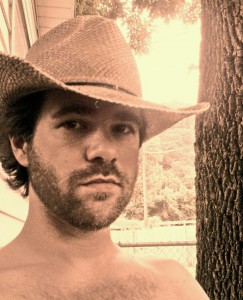 Okay, you know what? I’m really starting to like Charles Bukowski‘s Pulp
Okay, you know what? I’m really starting to like Charles Bukowski‘s Pulp. Sure, it’s lazy and a bit too clever for its own good, simplistic and superficial, and full of potty humor so lame that it would make a 12-year-old roll his eyes. But, a good deal of it is inspiredly moronic and/or moronically inspired. It’s not what I would call “literature” but, as a parody of literature, it’s not half bad. In some places, it is (if you’ll pardon the cliché) laugh-out-loud funny.
How did I miss the 160th anniversary of the publication of Moby-Dick yesterday? Well, Melville House reminds me, and publishes a copy of the remarkable original contract for the book. “Most striking … is how similar this is to a modern publishing contract, down to the wording in a lot of places.”
Also, there is an intriguing cast-bronze buckle dated to 600 CE, discovered buried on the Seward Peninsula. Yeah, that’s way up in Alaska. And, if 600 CE + Alaska + cast-bronze artifact doesn’t make you go “huh?!” then maybe you and I can’t be friends. (Just kidding, of course we can.)
BEST READS OF THE DAY: A tie between an interview with author-songwriter John Wesley Harding (no, not the guy who “shot a man just for snoring too loud” … that was John Wesley Hardin) and a fantastic letter to the National Post about Philip Marchand’s review of Stephen King‘s 11/22/63.

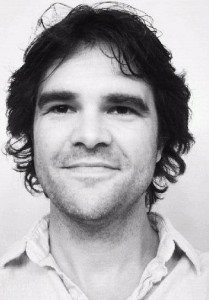 Today, I put down the Raymond Chandler for a bit to start reading Charles Bukowski‘s Pulp
Today, I put down the Raymond Chandler for a bit to start reading Charles Bukowski‘s Pulp on the suggestion of an acquaintance who noted similarities with my novella On The Head Of A Pin, which is also about a detective who meets Death. So far, I find the book funny and clever, perhaps too clever, as if Bukowski is trying very hard to appear clever. Also, I find it a bit childish and superficial. I have seen it discussed as a riff on Chandler, but it reads more like what a Middle School boy might think is a funny take-off on detective fiction rather than a grown man’s literary commentary on it. There are lots of sex and scat jokes, many of them treadworn.
I don’t want to get ahead of myself (I’m only on 22 of a 51-chapter book) but if you really want to understand the difference between Pulp and Chandler, read Pulp and what Andrew Mathis says about Chandler in The King Arthur Myth In Modern American Literature. Also, I am discovering that Death + detective ≠ same story, although I am certainly better off being aware of Pulp and the comparisons readers will certainly be tempted to draw with Pin. Anyway, enough about that.
Author Elizabeth Spann Craig guest blogs at Writers In The Storm, sharing “15 Tips For Writing A Mystery.” Reading through them makes me want to scrub On The Head Of A Pin once again. But, no! Must stop polishing and submit. (My last scrub, which was supposed to be a final grammar-spelling check, ending up adding a full grand to the word count, which is exactly the sort of thing that made the last “final grammar-spelling scrub” turn out to be not-the-last.)